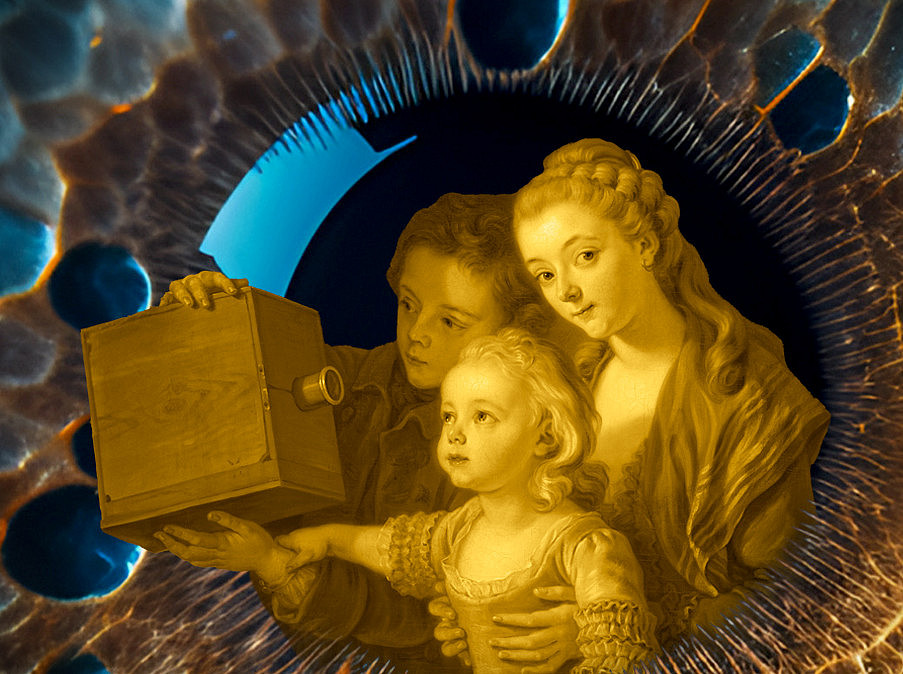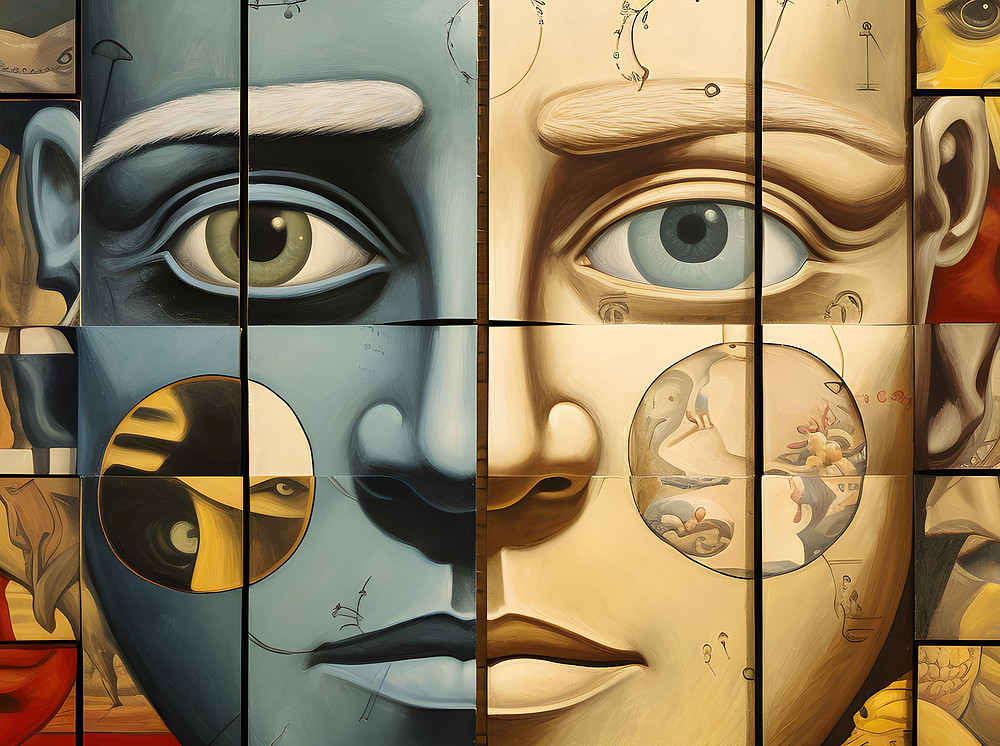Cluster 2: Perception and Identity: Cultural Transformation and (historical, aesthetic, moral, and political) "Bildung"
of the core topic "Perception: Episteme, Aesthetics, Politics"
Viewed in the light of the concrete conditions of human (co-)existence, identity formation is neither a self-explanatory nor an uncontroversial objective. In the research presented here, we are interested in identity as an ambivalent and oftentimes – both individually and collectively – unconscious goal, fraught with various forms of difficulty, conflict, and failure. The humanities’ epistemic interest in identity is therefore critically charged from the outset; it is aimed at the equivocal, malleable, and questionable nature of identity and the challenges and revisions it continuously faces. As a concept, identity is thus both alterable and calls for alteration. It shapes history and is itself historical, and can ultimately be understood only by reference to the specific spatiotemporal structures in which it develops, i.e., to its historicity. The researchers of Cluster 2 work on this from the perspective of both individual achievements and failures of consciousness, as well as of collective identity formations and struggles and their culturally transformative effects in different pasts, presents, and possible futures. Central to these different contexts is the question of how the different processes of individualization and group formation – or, more generally, of subjectivation and socialization – are interconnected, and to what extent the investigation of the relation between perception and identity can enhance our understanding of these connections.

This focus on perception and identity will make it possible to illuminate and analyze more closely the connection between perceptual achievements (in a correspondingly broad sense of ‘perception’) and the complex notions of learning and Bildung from a multiperspectival, inter- and transdisciplinary point of view. This approach will be foreseeably beneficial to the specific fields of research and their specialized research questions; additionally, it will provide an indispensable humanistic foundation for developing a timely diagnostic-critical perspective on the framework and the social dynamics of our contemporary society and culture.
Inquiring into the implications of the current discourse on identity politics in the context of the idea and methodology of scientific research is part of this. That this inquiry necessarily involves a reevaluation of similarly positioned 20th-century discourses (e.g., concerning the dichotomy between fact and value, and Max Weber’s notion of value neutrality in science) is a clear confirmation of the relevance of scientific historical investigation.
Cluster 2 is thematically divided into two subgroups, concerned with a) the processes of individualization in consciousness (the forms, obstacles, and strategies of the search for identity qua sense-constitution), viewed within the theoretical framework of the phenomenological concept of intentionality, and b) the processes of cultural transformation in and through different media (works of art, language, literary texts). This classification is not exclusive; instead, it provides mutually permeable points of focus and emphasis within the overarching thematic field, encompassing topics such as: self and other, self-perception and other-perception, individualization and socialization, perceptual and imaginary sense-formation, conscious and the unconscious. Correspondingly, the central topic of perception and identity is interpreted not in a static way, but rather processually, both with respect to its historical and cultural dimensions, and its philosophical foundations and existential significance. Particular attention will be given to the fault lines, discontinuities, perils, and the various forms of ambivalent success and failure of the different processes of sense-formation (such as the individual strategies for overcoming dissonance by way of self-deception, or the unintended and possibly paradoxical effects of collective and individual identity practices). According to this approach, ‘identity’ refers to an invariably incomplete, fragile, context-sensitive, and continuously imaginatively reshaped sense-formation. Self-discovery, self-(re)invention, and self-transcendence are inextricably linked and codetermined.
Exemplary research topics at a glance:
- Ensemble formations in visual art and architecture as a meaningful medium of historiography (Julian Blunk)
- Burgeoning Selves: Transatlantic Dialogue and Early American Bildungsliteratur, 1776-1860 (Stefan Brandt)
- The Majority Society as Listener. Self-perception and external perception of cultural transformation in plurilingual contexts (Jennifer Brunner)
- Self-signaling in agency and moral psychology (Denis Džanić)
- Self-perception of persons and self-deception. Psychoanalytical and phenomenological conceptions of repression and explication (Bernhard Geißler)
- Being different and becoming different. Identity designs as educational history(ies) of the historical (Christian Heuer)
- Emotional self-evaluation. On the dynamics of external and self-perception using the example of pride and arrogance (Sonja Rinofner-Kreidl)
